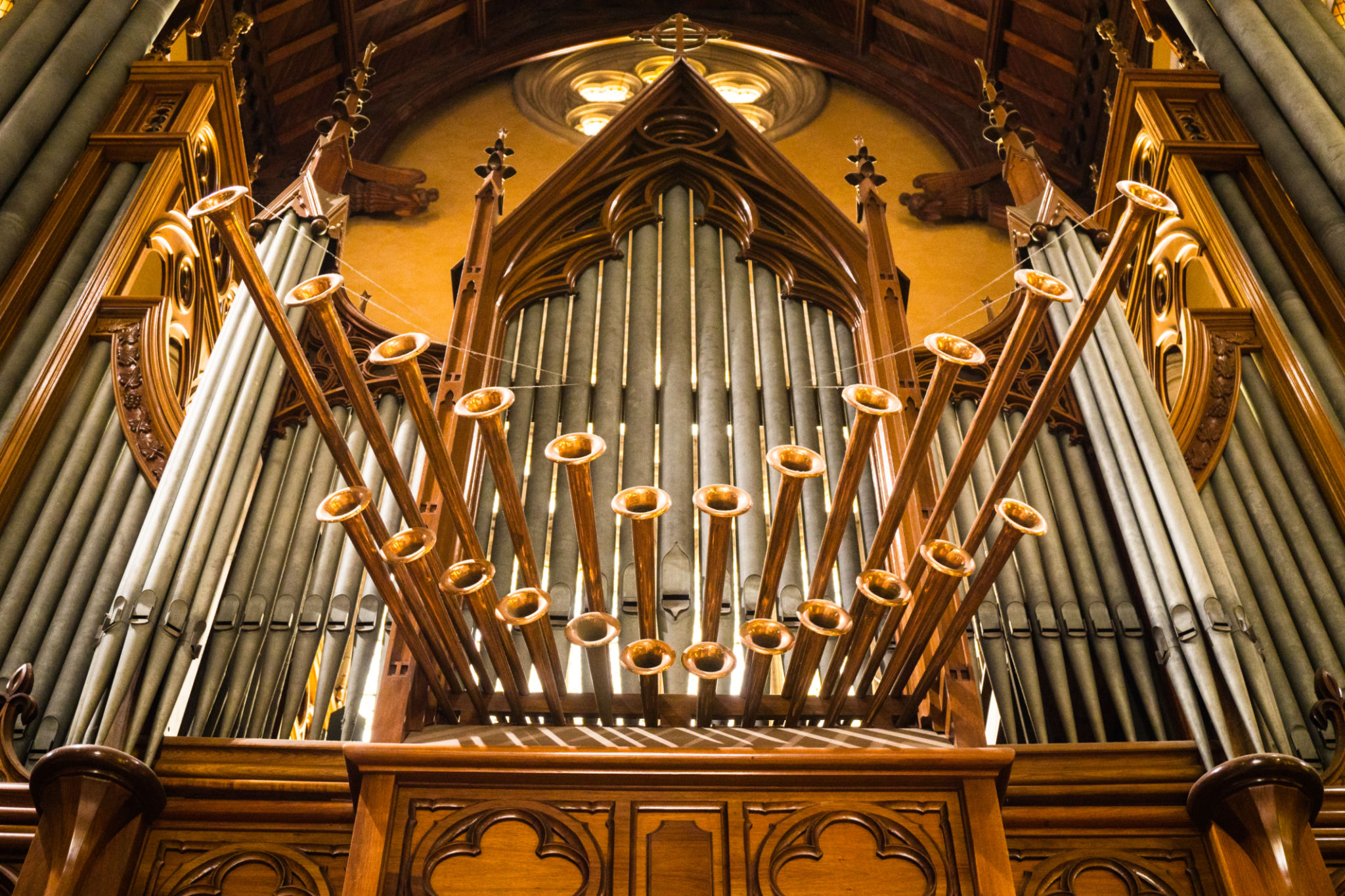How to Appreciate Organ Music as a Beginner
Understanding the Basics of Organ Music
The majestic sound of the organ has captivated audiences for centuries. As a beginner, appreciating organ music begins with understanding its unique qualities. Unlike other instruments, the organ can produce a wide range of sounds, from delicate whispers to powerful crescendos. This diversity is due to its multiple sets of pipes and stops, which allow the organist to create various tonal colors.
To start your journey, familiarize yourself with the basic components of an organ. These include the manuals (keyboards), pedals, stops, and pipes. Each part plays a critical role in producing the instrument’s rich and complex sound. By understanding these elements, you'll gain a deeper appreciation of the skill required to master this intricate instrument.

Exploring Different Genres and Styles
Organ music spans a variety of genres, from classical and church music to jazz and contemporary compositions. As a beginner, it's beneficial to explore these different styles to find what resonates with you. Start by listening to some of the most famous organ compositions by composers like Johann Sebastian Bach, César Franck, and Olivier Messiaen. Their works are great examples of the organ's versatility and depth.
While classical pieces may be the most well-known, don't shy away from exploring modern organ music as well. Contemporary composers often experiment with unconventional sounds and techniques, offering fresh perspectives on this traditional instrument.
Listening Tips for Beginners
Listening actively is key to appreciating organ music. Pay attention to how the organist uses dynamics, phrasing, and articulation to shape each piece. Notice how different stops are used to create contrasts in tone and texture. This will help you understand the nuances that make each performance unique.
Consider attending live performances whenever possible. Experiencing the full power of an organ in a concert setting can be awe-inspiring and profoundly moving. If attending live events isn't feasible, look for high-quality recordings or online streaming options that capture the intricacy of the organ's sound.

Getting Involved in the Organ Music Community
Joining a community can enhance your appreciation of organ music. Engage with other enthusiasts through local music clubs, online forums, or social media groups. These communities often share valuable resources such as concert recommendations, educational materials, and opportunities for discussion.
Consider taking lessons if you're interested in playing the organ yourself. Many schools and churches offer beginner classes that can introduce you to basic playing techniques and music theory. Learning even a few simple pieces can deepen your understanding and enjoyment of organ music.
Developing a Personal Connection
As you immerse yourself in organ music, take note of which pieces or styles evoke strong emotions or memories for you. Building a personal connection to the music will enhance your appreciation and make each listening experience more meaningful.
Keep a journal of your journey, noting down pieces you enjoy and any insights you gain along the way. This personal record can serve as a reminder of how your tastes and understanding have evolved over time.

Conclusion: The Ongoing Journey
Appreciating organ music as a beginner is an enriching journey that opens up a world of sound and emotion. By learning about the instrument, exploring different genres, actively listening, engaging with communities, and developing a personal connection, you can cultivate a lasting appreciation for this magnificent art form.
Remember that appreciation is subjective and personal. There's no right or wrong way to experience music—only your own unique journey. Embrace it fully, and let the powerful sound of the organ inspire you.
